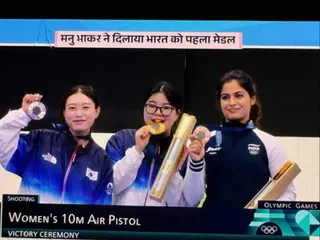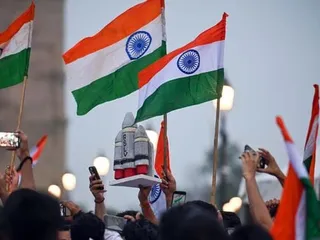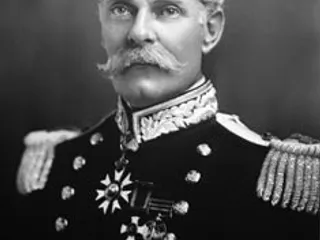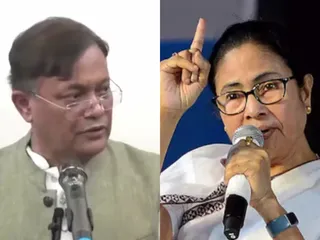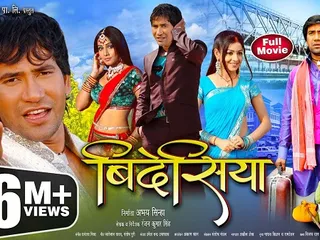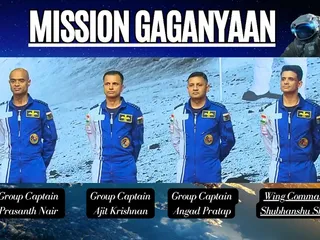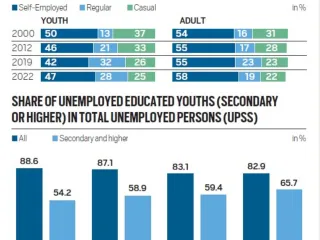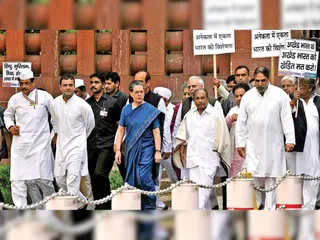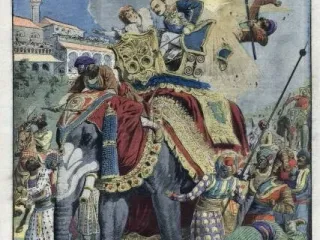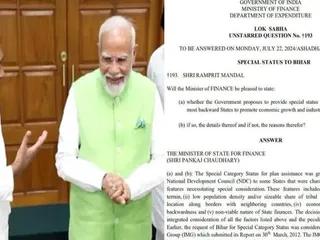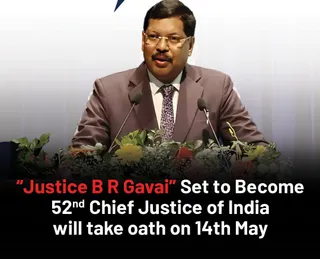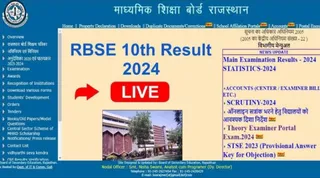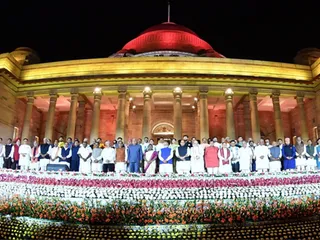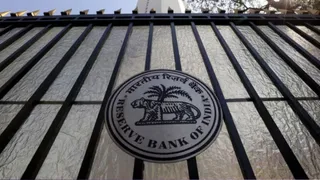Lord Irwin (1881-1959), officially known as Frederick Robert Linlithgow, served as the Viceroy of India from 1926 to 1931. His viceroyalty coincided with a crucial period in India's struggle for independence, marked by Mahatma Gandhi's leadership and the escalating Civil Disobedience Movement.
Initially, Irwin's administration adopted a firm stance against the growing nationalist movement. However, faced with the widespread and increasingly effective non-violent resistance, Irwin's approach gradually evolved. His willingness to engage in dialogue with Gandhi proved to be a significant turning point.
The most defining moment of Irwin's tenure was the Gandhi-Irwin Pact (also known as the Delhi Pact) of 1931. This agreement, negotiated between Irwin and Gandhi, led to the suspension of the Civil Disobedience Movement and Gandhi's participation in the Second Round Table Conference in London. The pact included the release of political prisoners and some concessions regarding the salt tax, although it ultimately fell short of achieving full Indian self-rule.
Despite the short-term success of the Gandhi-Irwin Pact, it did not resolve the fundamental differences between the Indian National Congress and the British government. Irwin's legacy remains complex, representing both the British government's attempts at appeasement and the inherent limitations of negotiations within a colonial context. His willingness to engage with Gandhi, however, represents a significant moment in the lead-up to India's independence.
Further Reading:


